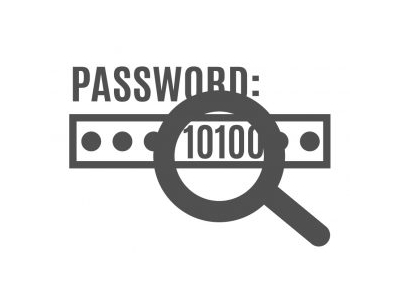
At a time when digital threats and cyber attacks are on the rise, the role of the Chief Information Security Officer (CISO) in companies is becoming increasingly important. But what exactly does a CISO do, and why is their position so crucial to a company’s security?
The importance of the CISO
The CISO is the most senior person responsible for IT and cyber security in a company. While this position is widespread in the USA, it is still the exception here in Germany. Nevertheless, it is becoming increasingly clear that companies that do not define a clear responsibility for IT security are exposing themselves to unnecessary risks.
The tasks of the CISO
The core tasks of a CISO include weighing up opportunities and risks in the context of the company’s digitalization. This includes protecting against the loss of sensitive information to third parties and minimizing the impact of IT system failures. An effective CISO must therefore not only have technical know-how, but also the ability to communicate complex issues in an understandable way and enforce security measures against possible resistance.

Differences to other security positions
It is important to distinguish between different security positions such as the Chief Security Officer (CSO) and the Chief Information Officer (CIO). While the CIO determines the strategic direction of digitalization, the CSO and CISO are responsible for risk management and the CISO specifically for IT security. A clear separation and specialization of these tasks are crucial for an effective security strategy.
The challenges for CISOs
One of the biggest challenges for CISOs is to gain the trust of company management and employees. CISOs are often not directly involved in the decision-making processes and their messages are diluted by different levels of communication. Nevertheless, it is crucial that the CISO has access to the management level and can act as a link between IT, specialist departments and top management.
The importance of training and further education
In addition to technical skills, continuous training is essential for CISOs and their team. The ever-evolving cybersecurity landscape requires continuous learning and adaptation to new threats and technologies. Certifications such as CISSP (Certified Information Systems Security Professional) or CISM (Certified Information Security Manager) can help to validate specialist knowledge and skills.
Development and implementation of security guidelines
Another important aspect of a CISO’s work is the development and implementation of policies and procedures for information security. This includes drawing up security guidelines, monitoring compliance with these guidelines and carrying out security audits and tests to identify and eliminate vulnerabilities.
Cooperation with external partners
CISOs often work with external partners such as government agencies, law enforcement agencies and other companies to share information about current threats and work together to improve cybersecurity. This collaboration can help strengthen a company’s security measures and thwart potential attacks.

Conclusion
In a world where cyber threats are ubiquitous, the role of the CISO is essential for organizations looking to protect their data and systems. Through a clear definition of responsibilities, continuous training and close collaboration with other security partners, CISOs can help improve a company’s security posture and protect it from the potentially catastrophic consequences of cyberattacks.
By taking these points into account, a company can ensure that it is well positioned to meet the constantly growing challenges in the digital world.
If you have recognized the need for a CISO in your company, we will be happy to advise you in more detail on this topic or solve your concerns directly as CISOaaS . Book a free initial consultation now!



